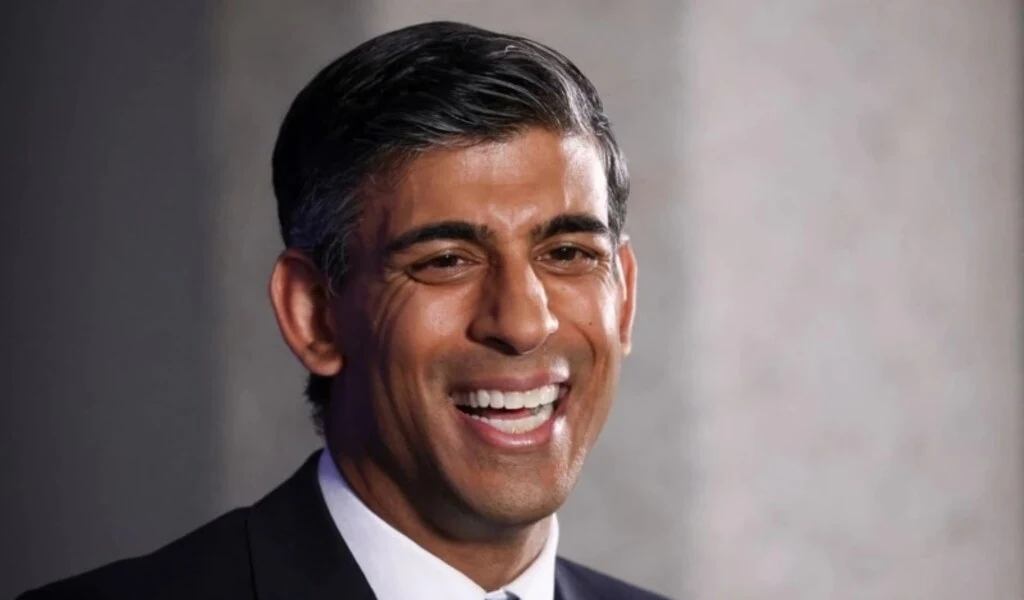Uncategorized
Rishi Sunak Announces £38,700 Minimum Income Requirement For Family Reunification In 2025

UK’s Evolving Income Thresholds: Implications and Concerns in a Global Context”
The introduction of the new £29,000 income barrier, aimed at reducing legal migration by the UK government, may lead to a decrease in the entry of “low tens of thousands” of migrants this year, aligning with the government’s overarching objective, as outlined in a strategy document.
Madeleine Sumption, the Director of the Migration Observatory at the University of Oxford, voiced concerns on BBC Radio 4’s Today program, describing the £38,700 threshold as “unusually high” and characterizing the £29,000 requirement as “quite restrictive” when compared to income thresholds in other European countries.
Yvette Cooper, the shadow home secretary for Labour, criticized the government’s lack of consultation and consideration for the impact on families affected by the substantial changes to spousal visas.
She remarked that the government’s current backtracking was a consequence of their haste in implementing new proposals.
A Plymouth resident named Ruby expressed apprehension over the £29,000 requirement potentially preventing her husband Furkan, currently in Turkey, from joining her.
Despite adjusting her profession to a veterinarian receptionist with a yearly income of £23,000, she remains £5,000 short of the current requirement. She described the situation as “cruel” and emphasized her right to a family life in the place she has lived all her life.
Cam, waiting for his American wife to join him in London after four years of marriage, shared his concerns about meeting the income criteria before the spring deadline.
While relieved that he could still apply even if the criteria changed, he acknowledged the stress and pressure many couples and families would continue to face due to the stringent requirements.
Josie, a British citizen residing in Ancona, Italy, with her Italian husband, expressed uncertainty about returning to the UK despite the delay in implementing the £38,700 threshold.
As scientists, the couple had planned to relocate to the UK after marrying in December 2020. Josie cited the wavering policy decisions as a cause for concern, diminishing confidence in the UK as an appealing place for scientists.






